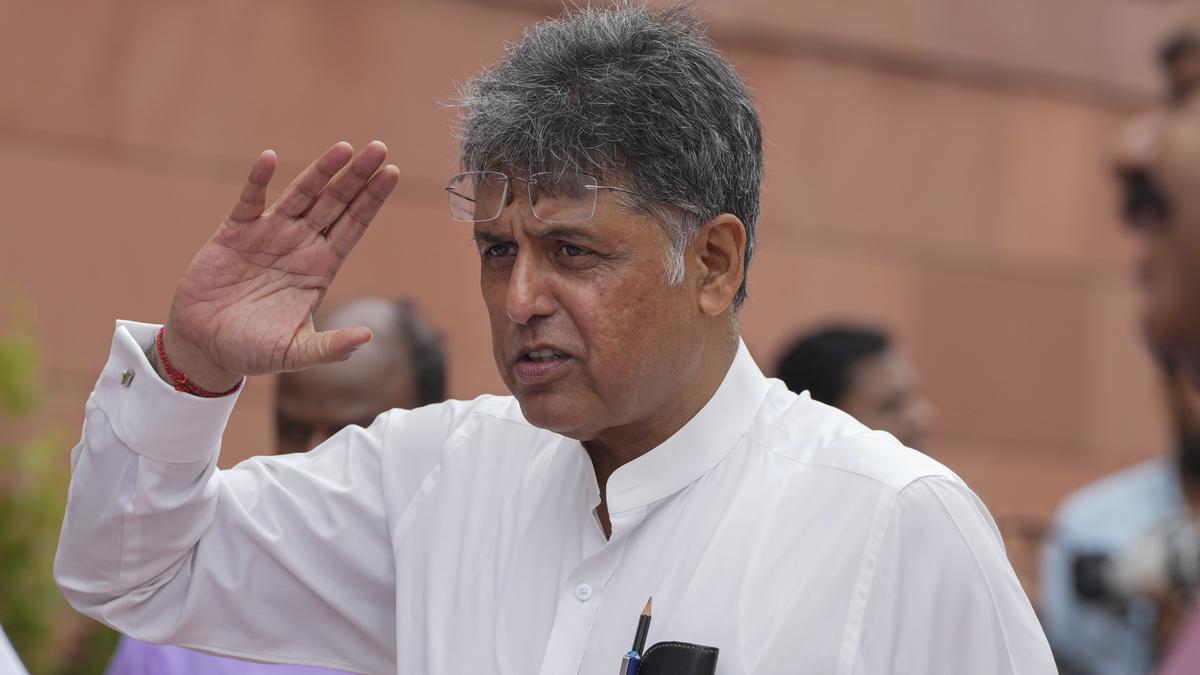ARTICLE AD BOX

WSJ
Published on: Aug 11, 2025 03:52 pm IST
The policy was never intended as a brick wall but as a strategic speed bump to limit China’s military capabilities.
Aaron Ginn’s op-ed “China’s Z.ai and America’s Self-Defeating AI Strategy” (Aug. 6) mischaracterizes the purpose and effectiveness of export controls. The policy was never intended as a brick wall but as a strategic speed bump—one essential tool among many for maintaining America’s lead in artificial intelligence while limiting China’s military capabilities.
 Scrapping AI Export Controls Is Self-Defeating
Scrapping AI Export Controls Is Self-Defeating The controls on Nvidia’s H20 chips appear to have been working until CEO Jensen Huang’s lobbying secured a reversal that handed Beijing exactly what it wanted. DeepSeek’s founder admitted that the chip controls were his company’s biggest constraint. As AI’s compute demands soar, export controls allow America’s hardware advantage to deliver compounding benefits. Reversing course cedes those gains to China.
Mr. Ginn’s notion that “each Nvidia chip sent abroad is a new point on the board for American software and values” assumes vendor lock-in works in Leninist dictatorships as it does in free-market democracies. The Chinese regime isn’t a normal client—it’s a rival with a decades-old policy of replacing U.S. vendors with indigenous alternatives.
Beijing’s playbook should be obvious by now: It requires foreign vendors to surrender their trade secrets, then scales up domestic competitors and displaces foreign suppliers—first in China, then abroad. Xi Jinping was backing efforts to replace Nvidia long before Washington moved to restrict its chip exports. Our permissiveness gets him one step closer to that goal.
Ironically, soon after the White House approved selling H20s to China, Beijing summoned Nvidia for questioning about chip “safety.” Beijing surely has two goals in mind: Signal to domestic companies that they ought to shun American technology as soon as possible, and manipulate Nvidia to reveal how it designs its chips so that Chinese GPU-makers can replace Nvidia even faster.
Mr. Ginn also unfortunately shrugs off national-security risks. This year the People’s Liberation Army sought H20 chips for military AI systems. We’ve seen this pattern before: U.S.-based Cadence Design Systems last month pleaded guilty to criminal violations of export controls and was fined $140 million after its semiconductor design technology, diverted through Chinese entities, powered PLA hypersonic missile simulations.
Mr. Ginn, whose company is a Nvidia partner, is right that America needs a strategy beyond export controls—including streamlined energy approvals and faster reindustrialization. But these initiatives would complement, not replace, export controls.
Matt Pottinger and Liza Tobin
Palo Alto, Calif., and Washington
Mr. Pottinger was deputy national security adviser (2019-21). Ms. Tobin was China director of the National Security Council, (2019-21).



.png)
.png)
.png)
















 2 days ago
6
2 days ago
6









 English (US) ·
English (US) ·